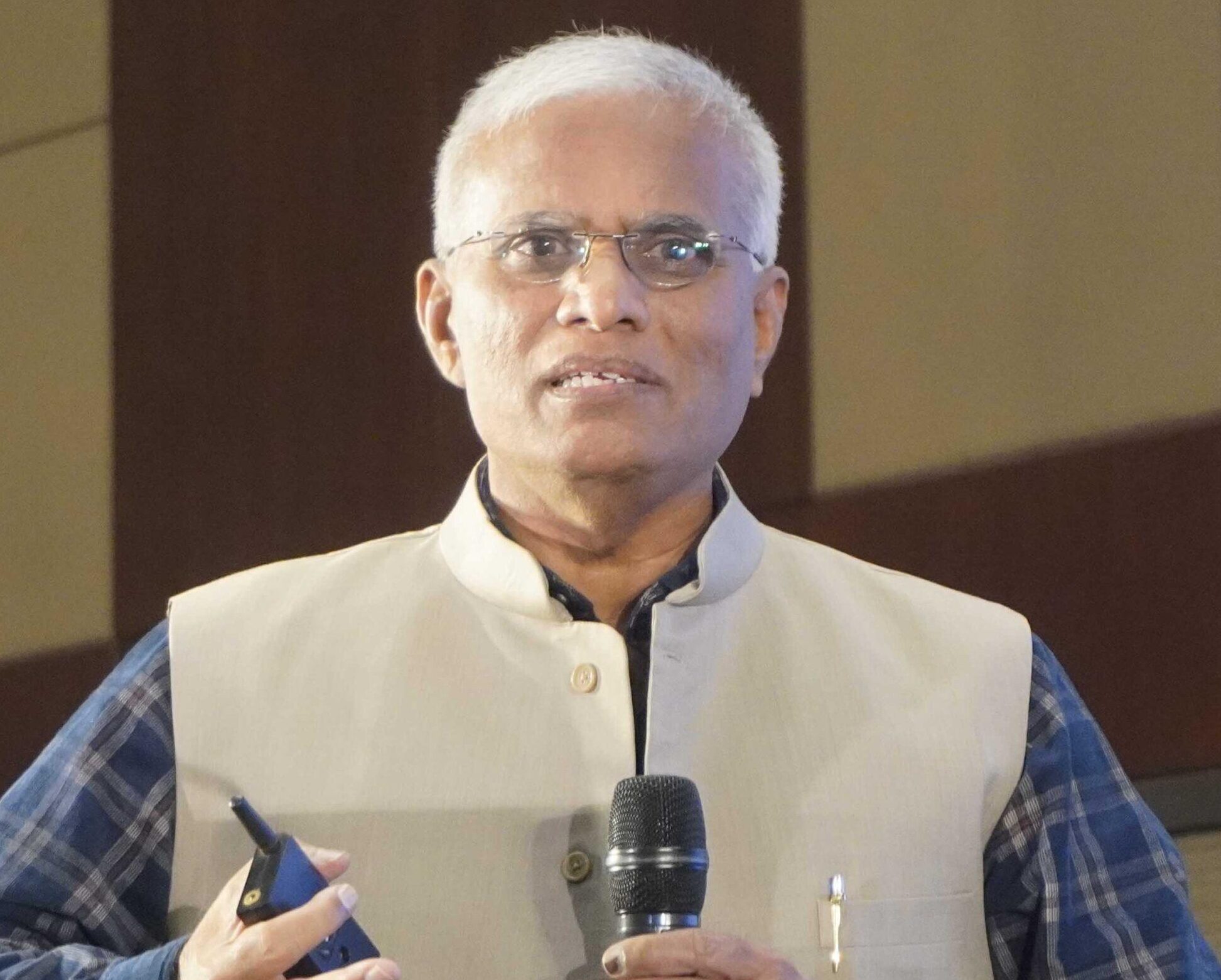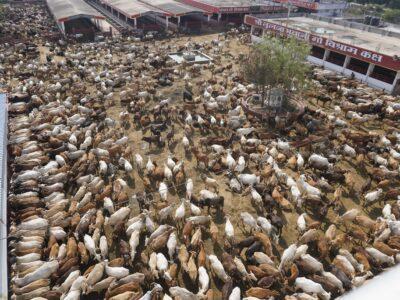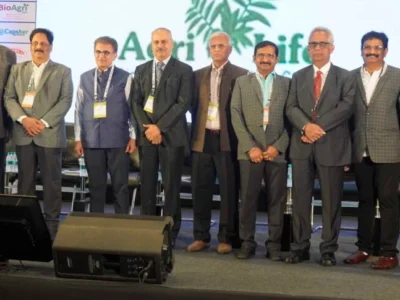Nurturing Sustainable Futures in Agriculture and Beyond
The BioAgri 2023 conference, organized by the world’s oldest BioAgri Input Producers Association (BIPA) in Hyderabad, proved to be a pivotal platform for insightful discussions. The two-day event, themed ‘BioAg by 2030 Miles to go-Billions to reach,’ gathered 30 speakers and 300 delegates from across India and countries like Bangladesh, Nepal, Singapore, the USA, the Philippines, among others.
Dr. Praveen Rao, Former Vice Chancellor of PJTSAU, highlighted the pressing need for Soil Stewardship in every aspect of life during his address on the second day. He emphasized the necessity for a robust Soil Policy, advocating for citizens to exercise their ‘Soil Rights’. Rao underscored the nutrient deficiencies in Indian soil, with 55% low in nitrogen, 42% deficient in phosphorus, and 44% in organic carbon. To address these issues, he encouraged the adoption of Regenerative Agriculture, Conservation Agriculture, and technology integration, including the use of drones for sustainable farming practices.
Regenerative Agriculture, according to Dr. Praveen Rao, plays a crucial role in reversing climate change by rebuilding soil organic matter and restoring degraded soil biodiversity. He highlighted the significance of making Regenerative Agriculture commercially attractive for farmers, positioning it as the way forward to decarbonize the food system and enhance resilience to climate-related shocks.
RK Goyal, Managing Director, South Asia, SEA & ANZ, delved into new opportunities for bio-stimulants, considering the rising global population. He stressed the need for increased agricultural productivity, projecting a population of 9.7 billion by 2050, with the Indian subcontinent reaching 1.7 billion. Goyal outlined the necessity to elevate agricultural productivity growth from 1.66% to 1.75% to meet the demand by 2050.
Ashutosh Garg from Absolute Foods brought attention to critical issues facing humanity, including chemicals in food, imbalances in production and consumption leading to hunger, and the alarming consumption of microplastics. Garg emphasized the transformative potential of biology and questioned how nature, through processes like those observed in forests, wetlands, and oceanic organisms, has thrived without relying on fertilizers or pesticides.
In conclusion, the conference shed light on the urgent need for sustainable agricultural practices and the transformative potential of biological solutions, offering a promising path to address the challenges facing global food systems. The projected growth in the global market for Biotech products further underscores the potential for innovative and sustainable solutions in agriculture.














